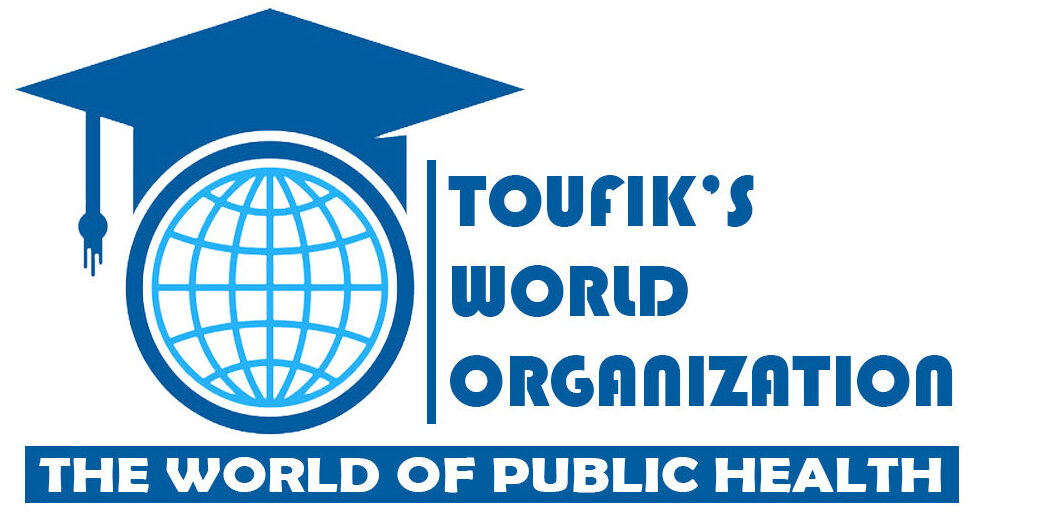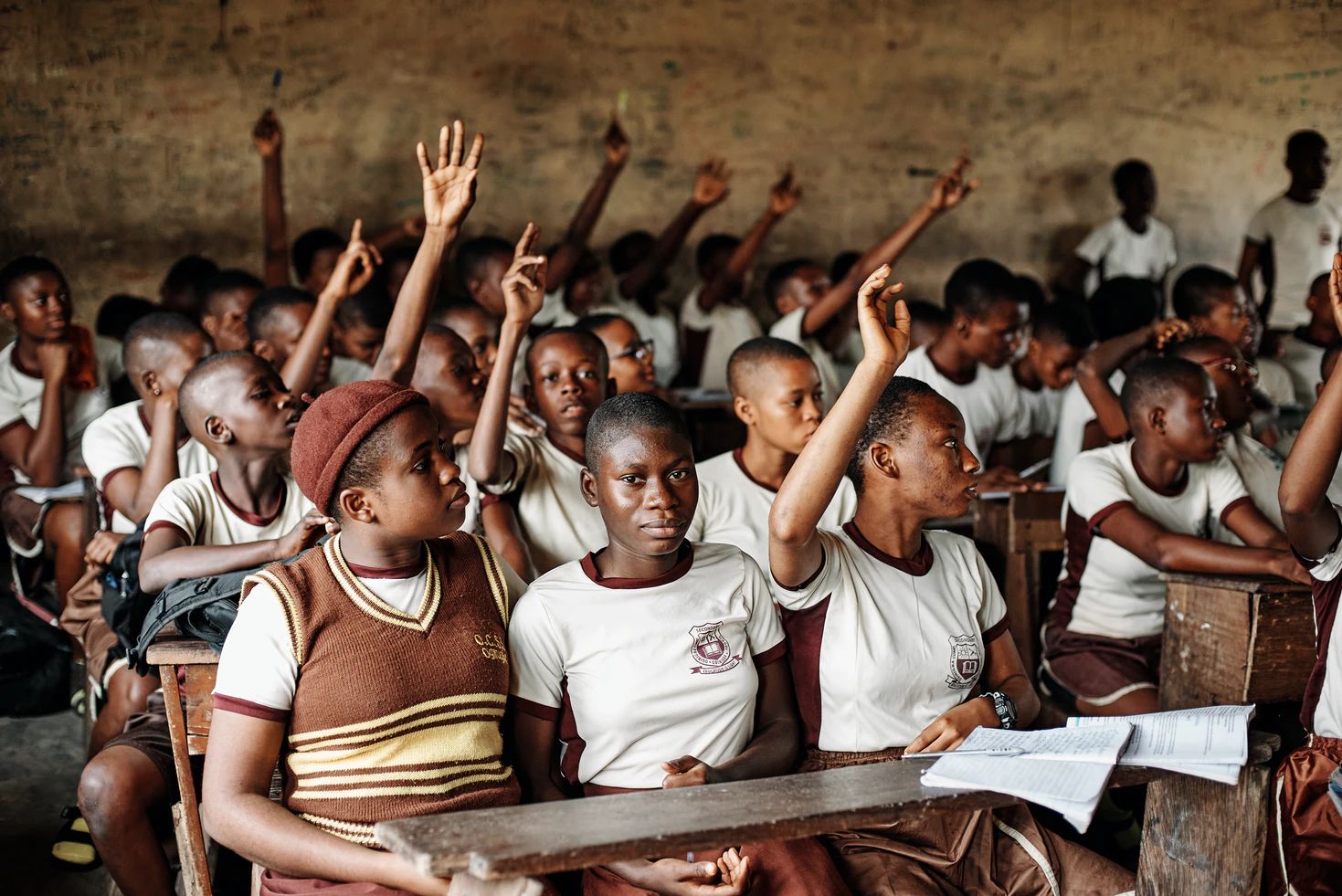Credit: Unsplash
This article was written for Toufik’s Guide Magazine by Geoffrey Gabriel. Statements or opinions expressed in this content strictly reflect the views of the author and not that of Magazine’s.
Education is often said to be the best legacy parents should leave for their children and any society for her citizenry. The implication of this is that education is widely regarded as the bedrock of any society. It is the fundamental block of civilization, socialization and technological advancement. As greatly revered as education and its impact to human race is, the implementation of all necessary infrastructures; physical, financial and psychological to ensure a conducive learning experience is actualized by far still a cry and a mirage in many countries of the world of which mine, Nigeria is not exempted.
Wikipedia online Dictionary defines barrier as a circumstance or obstacle that keeps people or things apart or prevents communication. In Nigeria, some of these barriers include the following:
- Inadequate infrastructure: It is a common sight in many parts of the country to be greeted by dilapidated buildings in most schools when you visit. Public schools in Nigeria which are by far the cheapest have the worst infrastructural set-up in the country. In most of these schools, classrooms are absent thus, leaving students to take classes under shades of trees and makeshift classes with roof tops made up of grasses which leave them thoroughly drenched during the rainy seasons. Learning under this kind of atmosphere undermines the productivity of teachers who teach in such schools and demoralizes students who have the burning desire to be educated, thereby, leading to mass exodus from the school system into ready ventures such as; informal trades, farming, manual labor, hawking to earn money etc.
- Cultural inclinations: Culture is popularly defined as the sum total way of life of a particular people. In Nigeria, there are cultural extremists who before considering anything, must consult their cultural history books. In the Eastern part of the country for instance, it is believed that educating the girl child is a waste of resources with the belief that she is simply made for domestic chores and child birth and as such should be trained in these areas alone for her spouse in the future. This belief is also shared strongly in the Northern part of the country. With high rates of child marriages, the North particularly does not believe that a woman’s place is in the academia. These cultural inclinations have affected greatly the quality of education in Nigeria as most girls from these axes are left with half-baked education. It is also worthy to note that not only girls are in this quagmire as their male counterparts in the Eastern part of the country are largely discouraged from being educated and encouraged to do more of trades.
- Non- adoption of distant learning innovations: In a world plagued by COVID-19, most countries of the world have adopted alternative methods of access to education such as; zoom, google-meet, telegram et al. so as not to alter the quality of education received by students. In Nigeria, however, the case is unfortunately not so. Institutions of learning are closed indefinitely in the wake of an outbreak of the virus in any part of the country leaving students rusty from months of staying home without attending classes.
In conclusion, to restore parity with her counterparts in terms of education, Nigeria as a country must be willing to step up in the provision of adequate and quality infrastructures to aid learning. Schools must also become innovative enough to adopt world best practiced standards and parents must be ready to go beyond limits to ensure their children get the best education.
About the Author
Geoffrey Gabriel , a Nigerian, hails from Abeda Shitile in Logo Local Government Area of Benue State. He is an Agent of Change who believes existing societal value systems, status quo and stereotypes should be questioned, improved upon and a better society be birthed. His primary hobbies are; writing, reading, listening to music and watching football. Teaching, sight seeing and meeting people of common purpose are his other hobbies.

